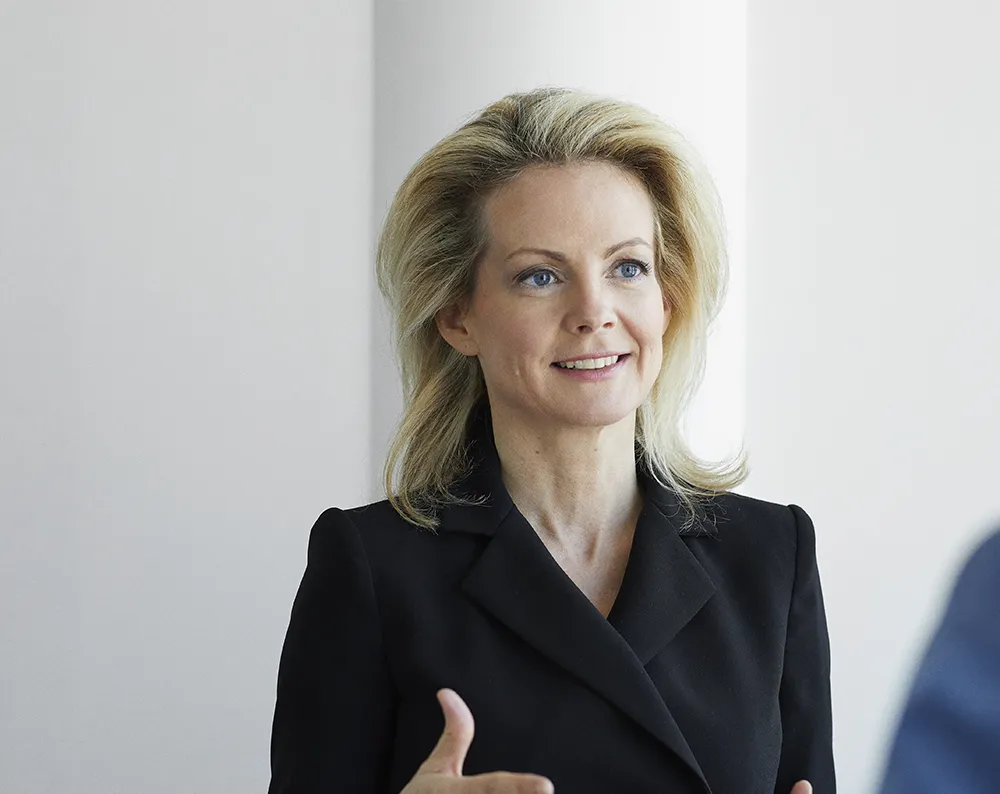Visteon Corporation and Huayu Automotive Systems Company have agreed to terminate the non-binding memorandum of understanding (MOU) with respect to a potential transaction that would have combined the majority of Visteon's global interiors business with Yanfeng Visteon Automotive Trim Systems. According to Don Stebbins, Visteon chairman, chief executive officer and president, “both parties worked hard to move the agreement forward, but there were a number of items that kept us from doing so.”
July 6, 2012
Read time: 2 mins
At the same time, Visteon also announced its intent to further invest in Korea to generate continued advanced technologies for radiators, condensers, evaporators and heater cores. The company intends to invest US$50 million to build a state-of-the-art wind tunnel and to expand its manufacturing footprint in Korea, including establishing the world's largest variable swashplate compressor production capability. The company says the transaction will strengthen its climate business. HCC's strength in developing advanced powertrain cooling technologies will support and complement Visteon's strong research and development capabilities in the US and Germany, leading to continued advanced products for customers and future growth.
"Visteon is committed to the long-term success of our climate business," said Stebbins. "Full ownership of HCC is an important next step in ensuring our continued global competitiveness.
"This transaction will pave the way for HCC to play an even greater role in the global climate market while reinforcing its leadership position in Korea," Stebbins added. "It also will facilitate future investment in climate technology and fully leverage the companies' combined strengths and synergies in engineering, manufacturing, purchasing and finance."







